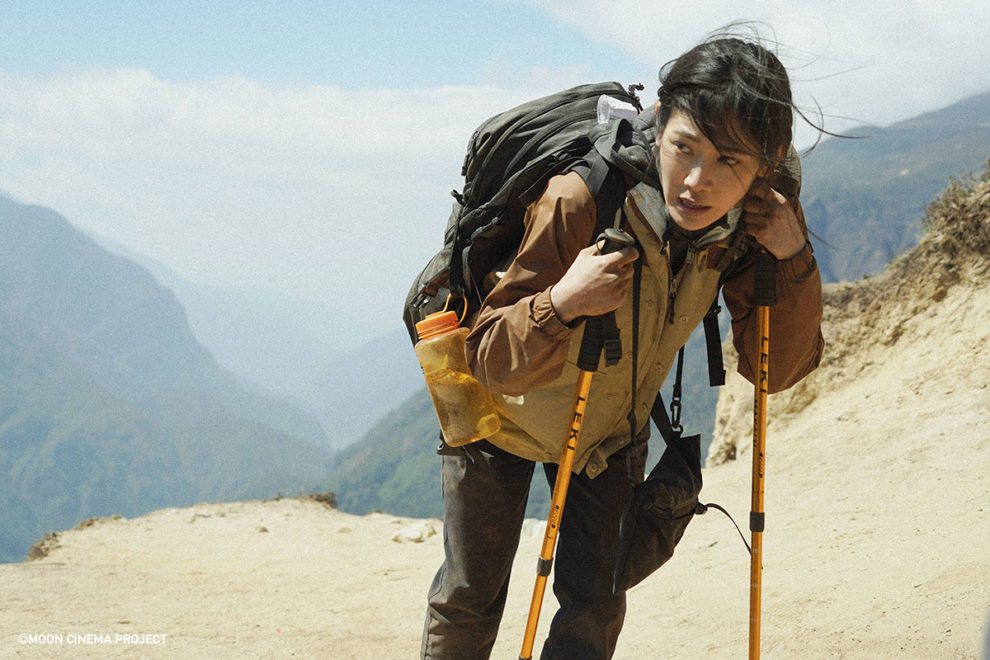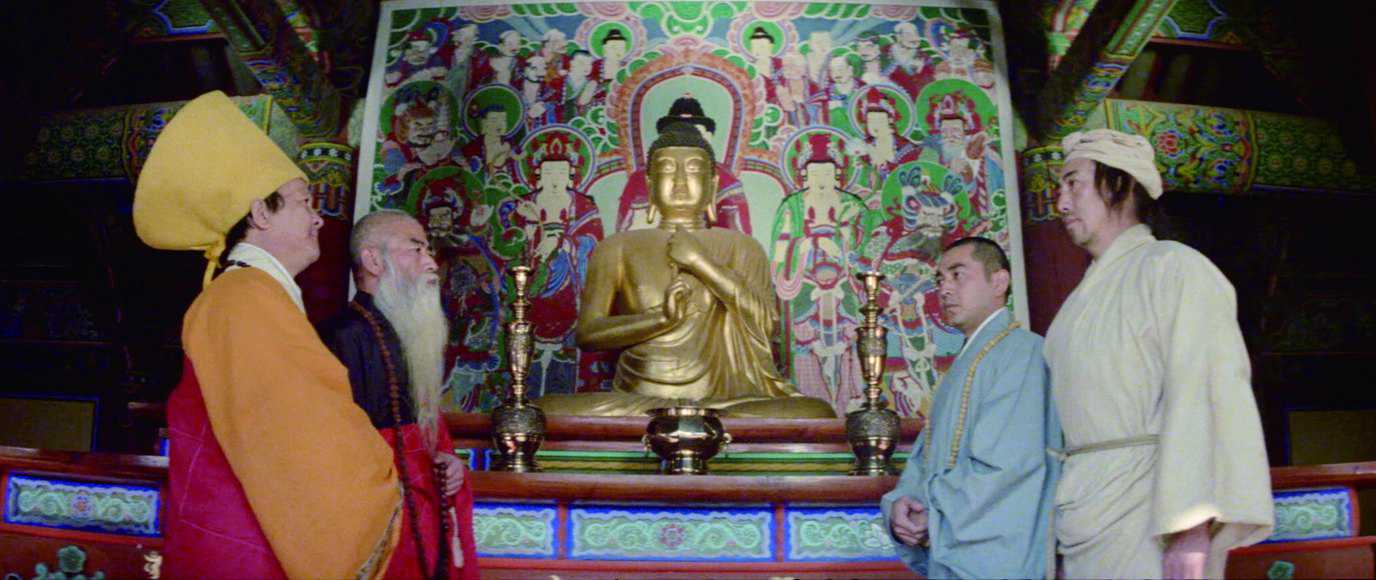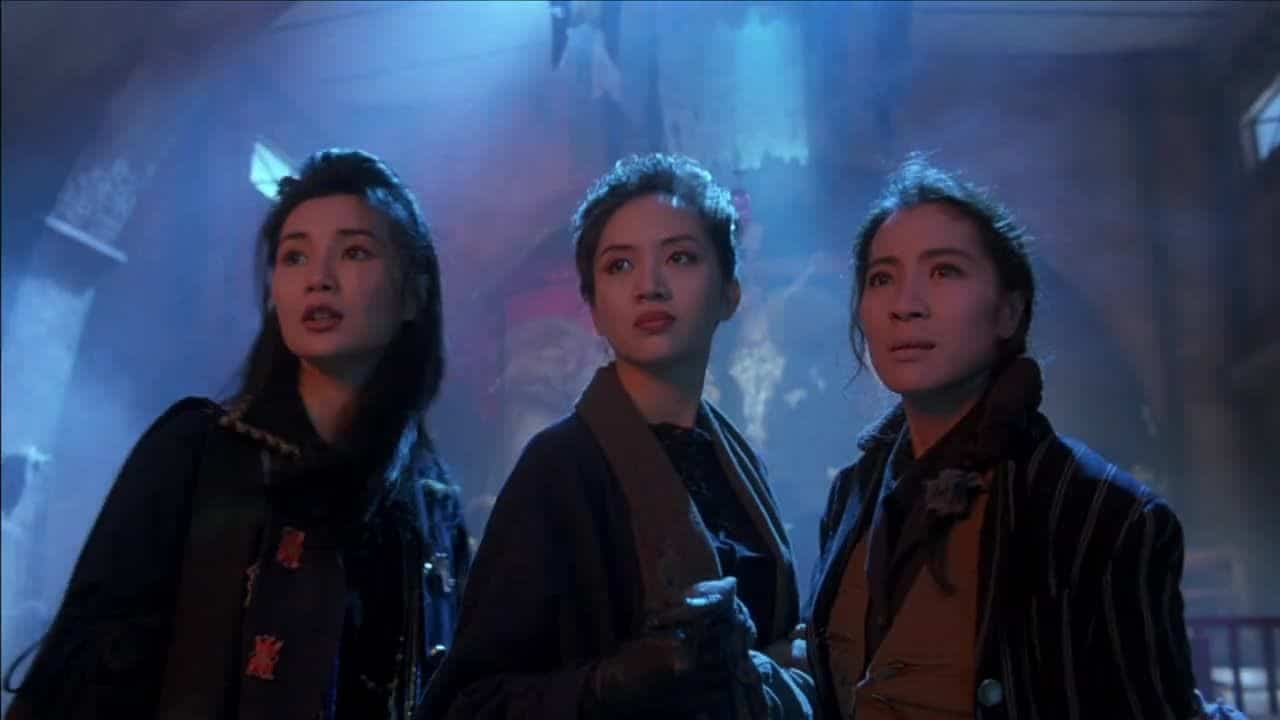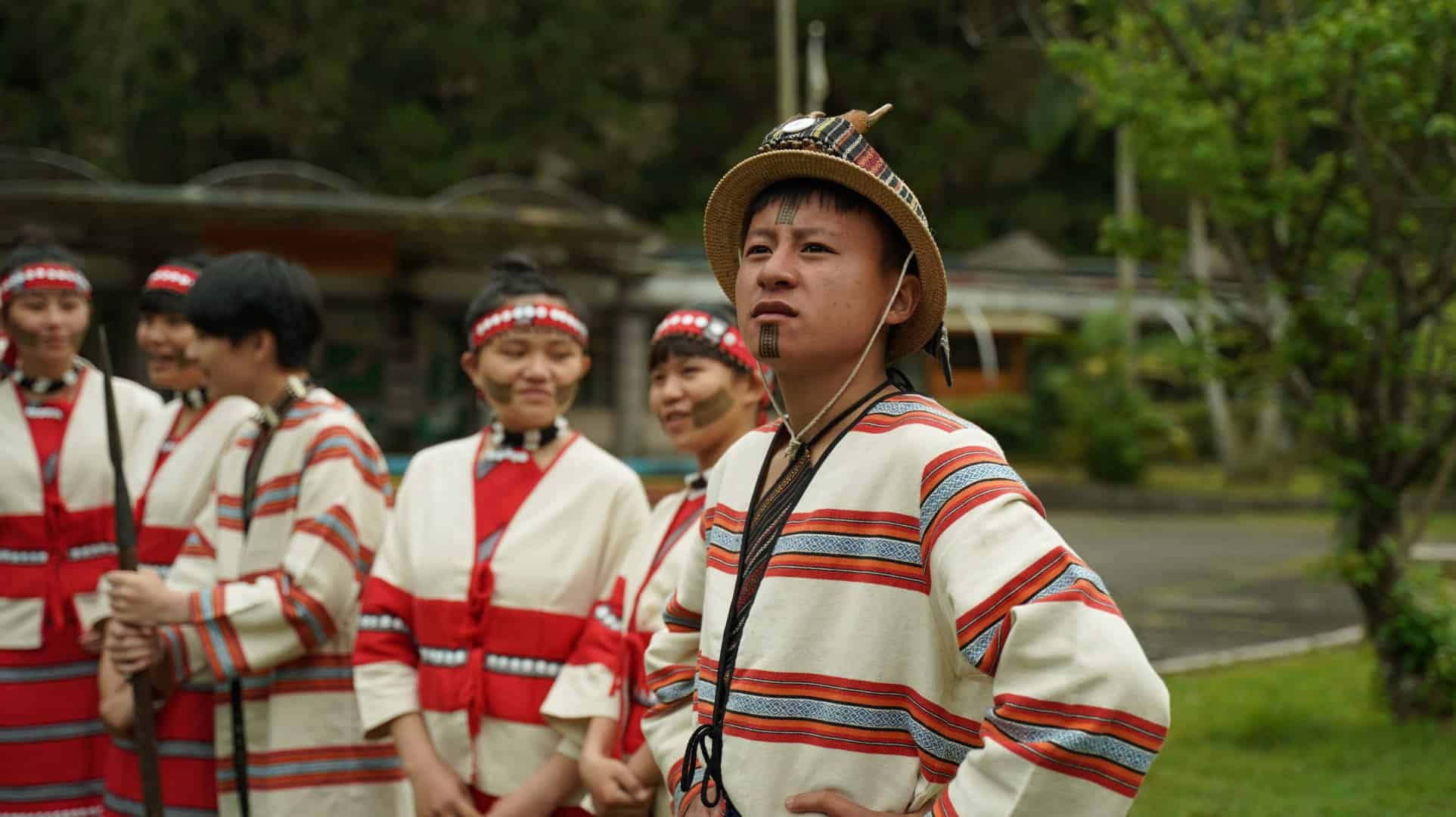From the director's statement regarding the film: “Last year I lost one of my closest friends. KURIKI Nobukazu, who was a well-known mountain climber, died during his 8th attempt to climb Mount Everest. My first encounter with Mr. KURIKI was the premiere of Noise, the first feature film I directed. He praised my first feature film, and since then we often met and talked. We decided to make a documentary film of Mr. KURIKI attempting to climb Everest.
For the filming I went to Everest with my DP (Director of Photography) KISHI Kentaro, but on May 21st, 2018, KURIKI Nobukazu died during his descent after deciding to abandon his attempt to continue climbing due to illness. I also came down with altitude sickness and had to be taken to the hospital via an air ambulance.
I'm still not sure if I can accept my friend's death by making this film, but my heart keeps telling me “I have to make this film to move on!”
Bagmati River is screening at Osaka Asian Film Festival

The film follows Natsuki, a young woman who travels from Japan to Nepal, after she receives an anonymous postcard with a picture of Mt. Everest printed on the back. The card wakes up a sense of hope in her, as she arrives in Nepal and starts searching for her brother, who went missing while attempting to climb Everest. The language gap poses some issues, but in the end, she manages to find some information and embarks on a trip to his last known location, although completely unprepared. As the danger she was cautioned about becomes a real threat, a guardian angel/deus ex machina appears, essentially signaling the beginning of the end of her trip.
Following a documentary-like approach, Yusaku Matsumoto uses his protagonist in order to portray the trip, including both the issues and the benefits Nobukazu Kuriki met in his endeavors in the Himalayas, in an effort to highlight his actions but also to give a hopeful goodbye to a man who died doing what he really wanted. This approach and the consequent messages permeate the short, with the problems posed by the language barrier, the despair Natsuki feels in her effort to track her brother, and the struggle in her death-wish ascend being the most important factors of the narrative of the first part.
The appearance of Man Bahadur Gurung, an actual Sherpa who continuously supported Kuriki for 10 years during his attempts, dichotomizes the movie, with his presence signaling a turn towards hope which cements in the Bagmati River, in the most beautiful, but also most encouraging scene of the movie. As such, and despite the dramatic base of the story, the short ends in a rather optimistic tone that definitely adds to the entertainment it offers.
Kentaro Kishi's cinematography is excellent throughout the movie, with him managing to highlight both the setting (its harshness as much as its beauty) and the agony and resolve that characterize Natsuki's actions, with the latter aspect also benefiting the most by the laconic, measured, but very impactful performance of Junko Abe. Kishi and Matsumoto's editing induce the film with a fast pace that allows the latter to portray all his comments in just 29 minutes, while communicating a sense of tension, starting with the initial scene, that is only released in the last part.
“Bagmati River” is a very beautiful and meaningful short, quite different from the previous works of Matsumoto and particularly “Noise”, and thus a rather intriguing work that makes his next endeavor something to really look for.
















